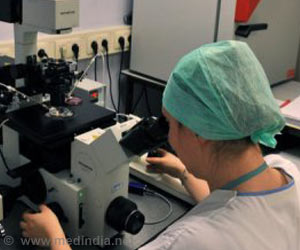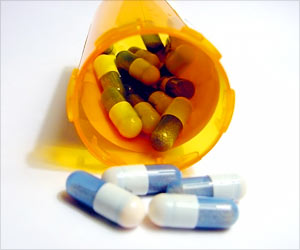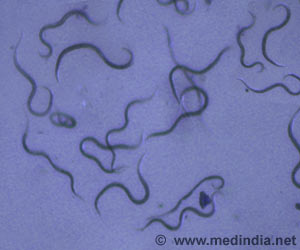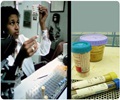The epidemiology of Clostridium difficile infection (CDI), clinical presentation, diagnosis and therapies have been reviewed in AACN Advanced Critical Care.

‘Fecal microbiota transplant (FMT) is gaining in prominence, and the future of Clostridium difficile infection (CDI) treatment will involve more advanced forms of FMT, such as capsules, probiotics and prebiotics.’





CDI has become the leading cause of hospital-associated infections and a major source of morbidity and mortality for hospitalized patients. Studies estimate the hospital cost in the United States for CDI alone is more than $3.2 billion per year. An article in the current issue of 'AACN Advanced Critical Care, Clostridium Difficile Infection and Fecal Microbiota Transplant,' reviews the epidemiology of CDI, clinical presentation of infection, diagnosis and various therapies including fecal microbiota transplant (FMT).
An ancient remedy to treat severe diarrhea and other gastrointestinal ailments, FMT has become increasingly recognized as an effective therapy for multiple recurrent CDI.
Mentions of the novel therapy date back to fourth century China, with the practice later called “yellow soup.”
Contemporary FMT aims to restore balanced and healthy bacteria in the colon through a transfer of donor feces and thus break the cycle of imbalance and infection, especially for those patients with recurring or nonresponsive CDI.
Advertisement
“FMT is gaining in prominence in many parts of the world, and the future of CDI treatment will most likely involve more advanced forms of FMT, such as capsules, advanced probiotics and prebiotics,” said co-author Alyssa Liubakka, an internal medicine resident at the University of Minnesota, Minneapolis.
Advertisement
• “Awake Extracorporeal Membrane Oxygenation as a Bridge to Lung Transplant”
• “Balloon Pumps Inserted Via the Subclavian Artery: Bridging the Way to Heart Transplant”
• “Antibody-Mediated Rejection in Solid Organ Transplant”
Symposium editor Michael Petty is a cardiothoracic clinical nurse specialist at the University of Minnesota Medical Center.
“Transplantation is advancing quickly, with new interventions and innovative therapies,” Petty said. “Critical care nurses and other clinicians may provide care for candidates for transplant and patients with replacement organs, whether or not they work in a transplant center. This series can help them understand newer applications of traditional therapies and ones that are becoming more common.”
Source-Newswise










